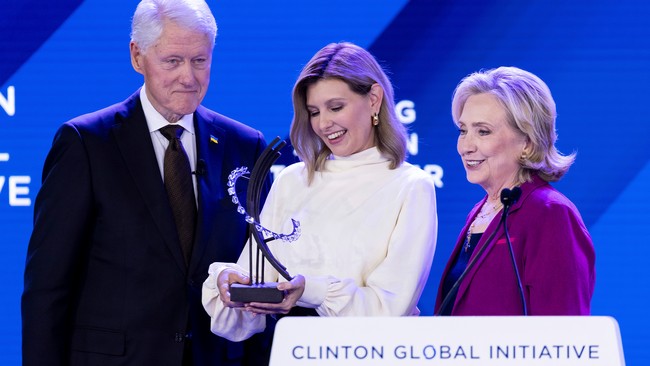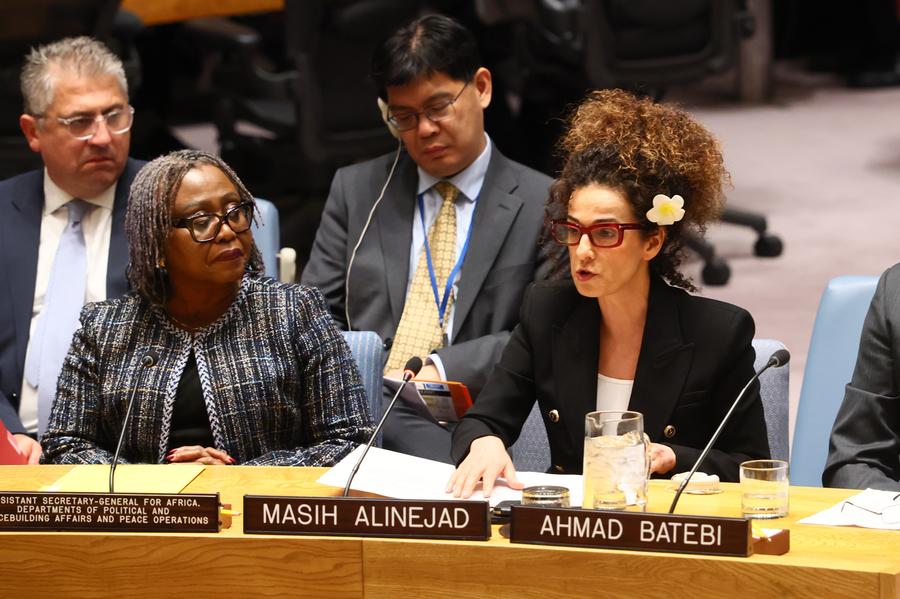
FBI Director Kash Patel recently announced the declassification of documents that he claims prove corruption within the Clinton Foundation and highlight an alleged cover-up by the Department of Justice (DOJ) during the 2016 presidential election. The documents reportedly reveal that FBI agents found evidence of a pay-to-play scheme at the Clinton Foundation but were obstructed from pursuing the investigation by senior officials within the DOJ.
Patel’s announcement has stirred significant attention, particularly among political commentators and advocates for transparency. In a tweet, he stated that the declassified memo outlines how then-Deputy Attorney General Sally Yates and former FBI Deputy Director Andrew McCabe ordered agents to “shut it down,” effectively halting the investigation into the Foundation’s activities. This memo, which Patel claims dates back to 2017, details the political interference faced by FBI agents in cities including New York, Little Rock, Arkansas, and Washington, D.C.
According to the timeline outlined in the documents, agents working on the case faced numerous roadblocks from their superiors. The memo, secured by Patel’s aides, indicates that Yates and McCabe imposed significant impediments without providing adequate justification. The timeline illustrates a pattern of obstruction that agents reported throughout 2016, coinciding with the lead-up to the presidential election.
The timing of Patel’s disclosure coincides with recent developments in other investigations involving the Obama administration. Attorney General Merrick Garland has announced the formation of a grand jury to examine potential misconduct related to the so-called Russiagate allegations, which may open the door for inquiries into the Clinton Foundation as well.
While Patel’s findings have sparked discussions about potential legal ramifications, many are expressing skepticism about the efficacy of the ongoing investigations. Critics argue that despite the mounting evidence, there has been a lack of substantial action taken against those implicated in the alleged corruption. The call for accountability is echoed in statements on social media, where users have expressed frustration over a perceived lack of indictments.
In recent years, the Clinton Foundation has been the subject of scrutiny regarding its fundraising practices and potential conflicts of interest. Critics have long claimed that the Foundation operated as a pay-to-play entity, leveraging political connections for financial gain. Reports of these activities have circulated for over a decade, with various media outlets including CNN acknowledging concerns about the Foundation’s operations.
The release of these documents by Patel raises questions about the integrity of the investigations conducted by the DOJ and the FBI. Supporters of transparency are urging swift action, emphasizing that mere exposure of wrongdoing without subsequent legal consequences could lead to public disillusionment.
As discussions continue about the implications of Patel’s revelations, the focus remains on whether the grand jury will address the alleged cover-up and the broader implications for political accountability within U.S. institutions. The ongoing scrutiny of the Clinton Foundation highlights the complexities and challenges of navigating political corruption in modern governance.






